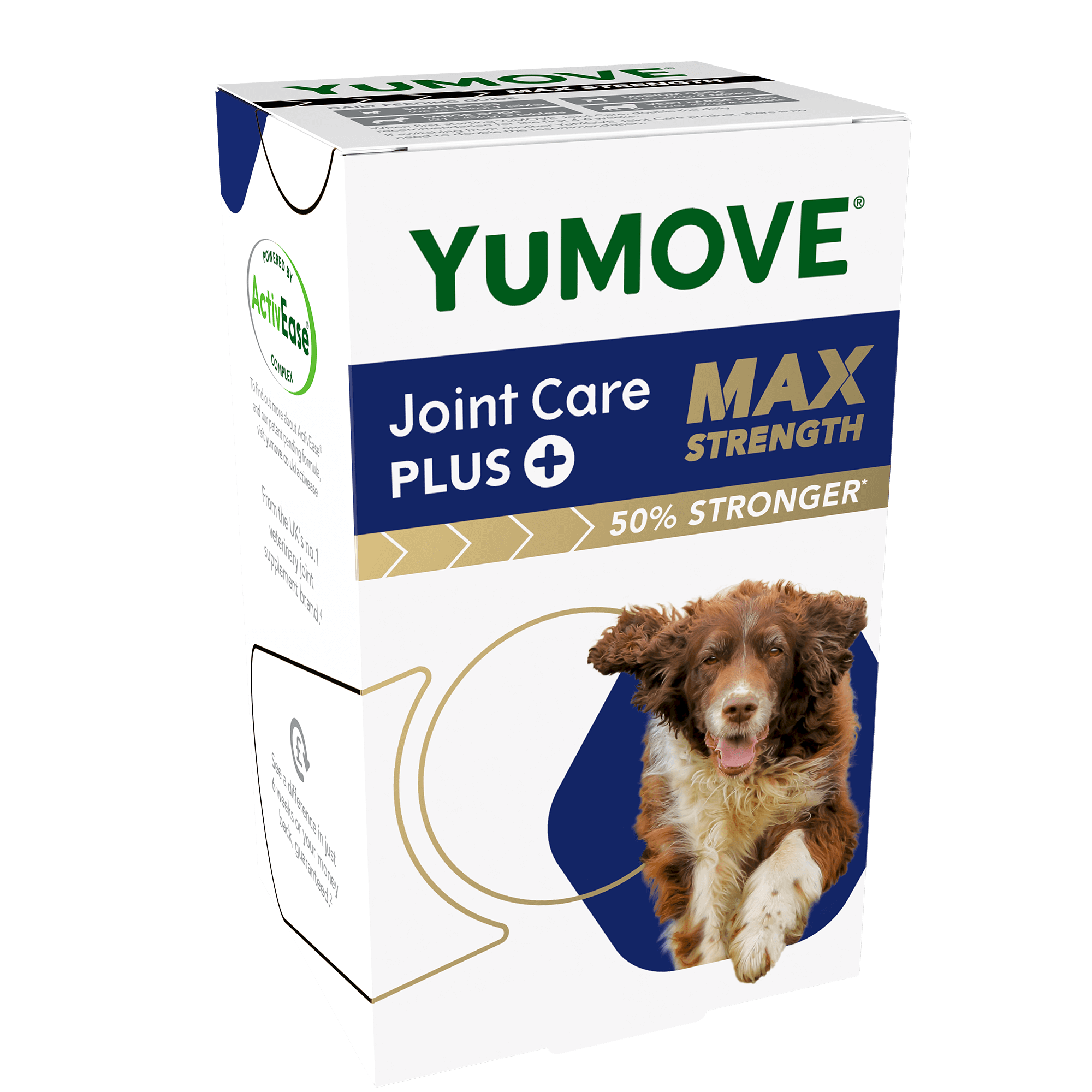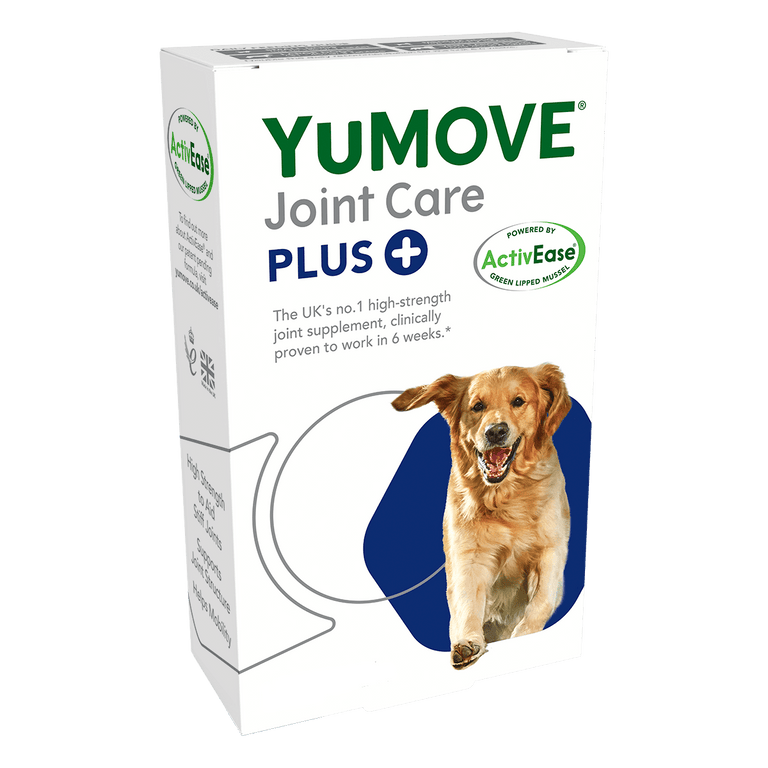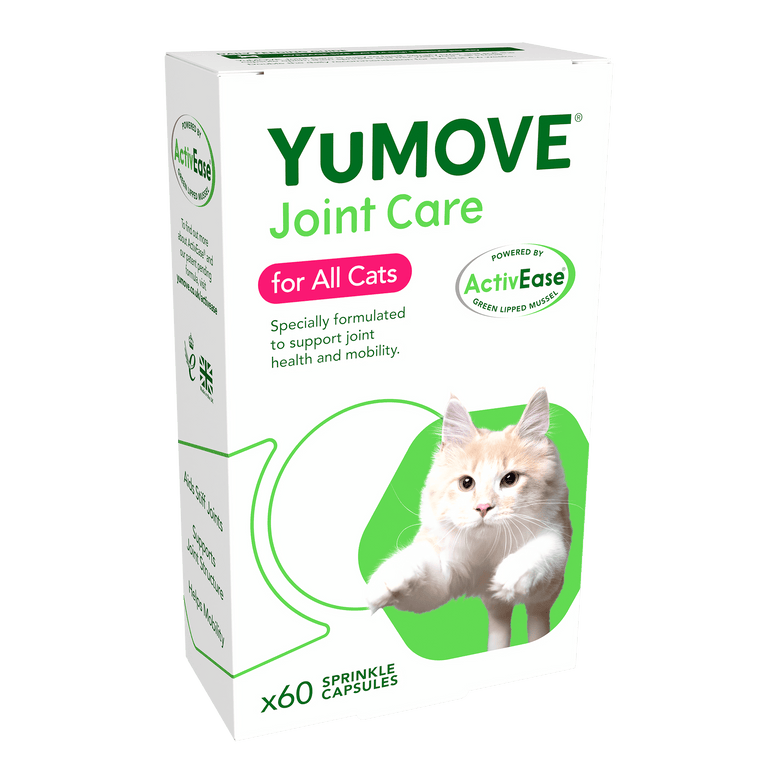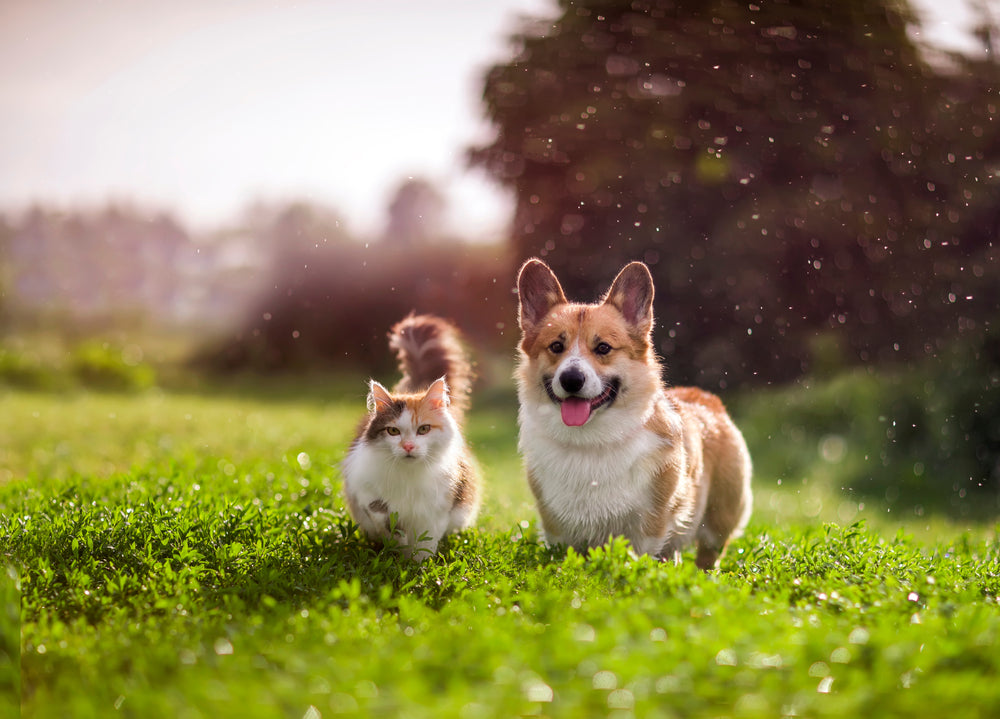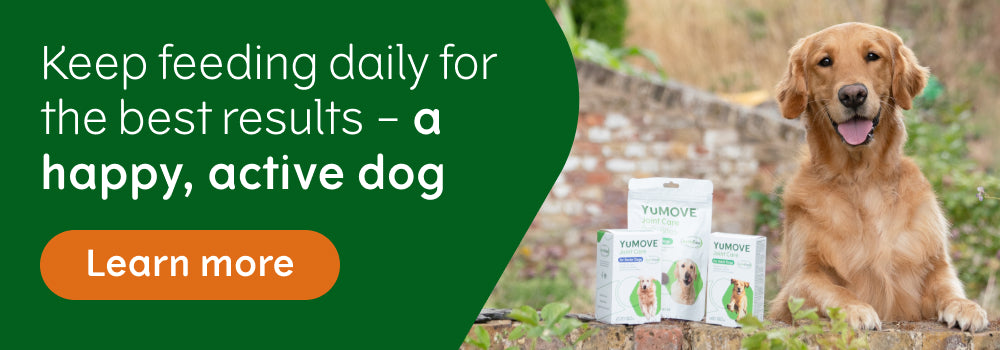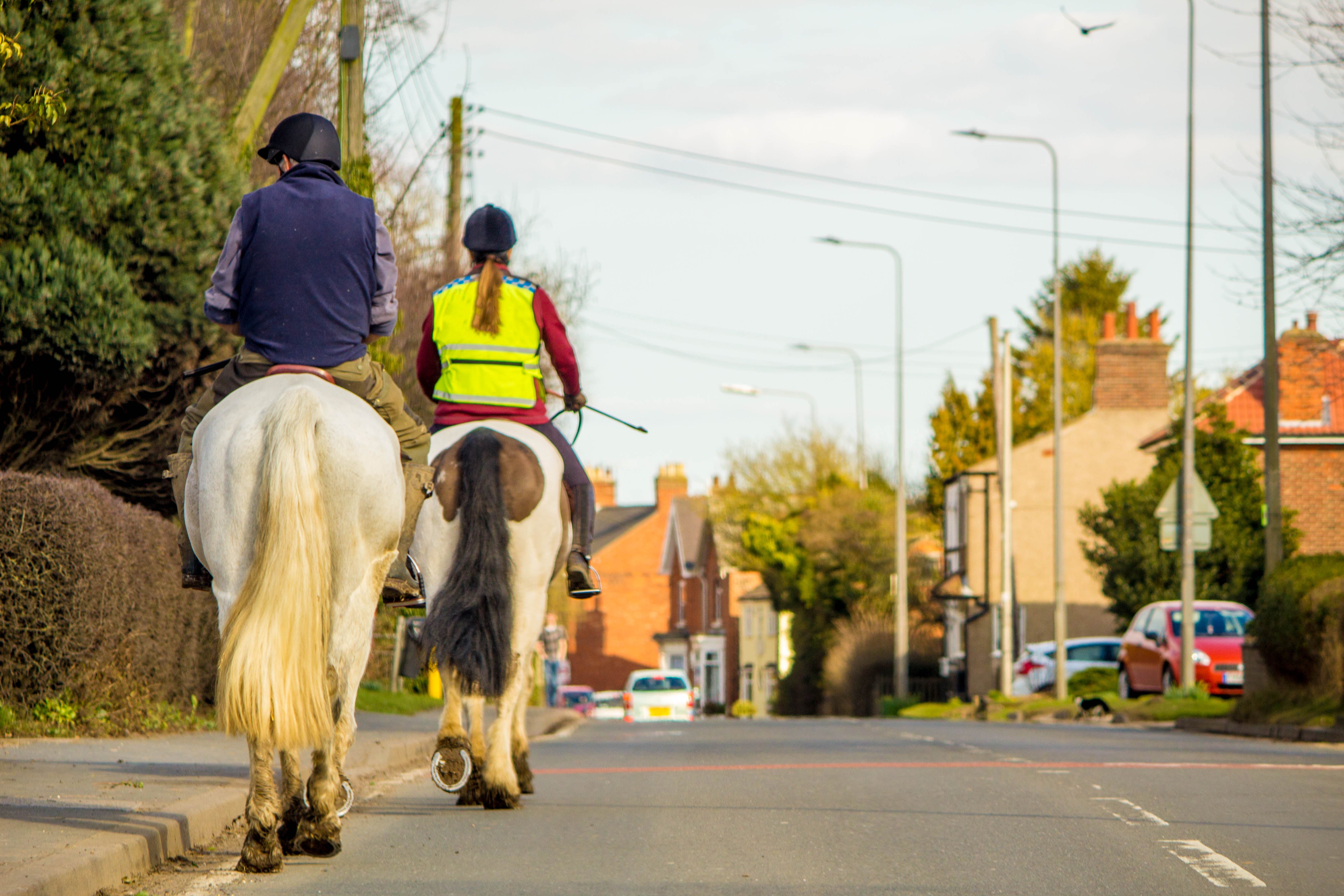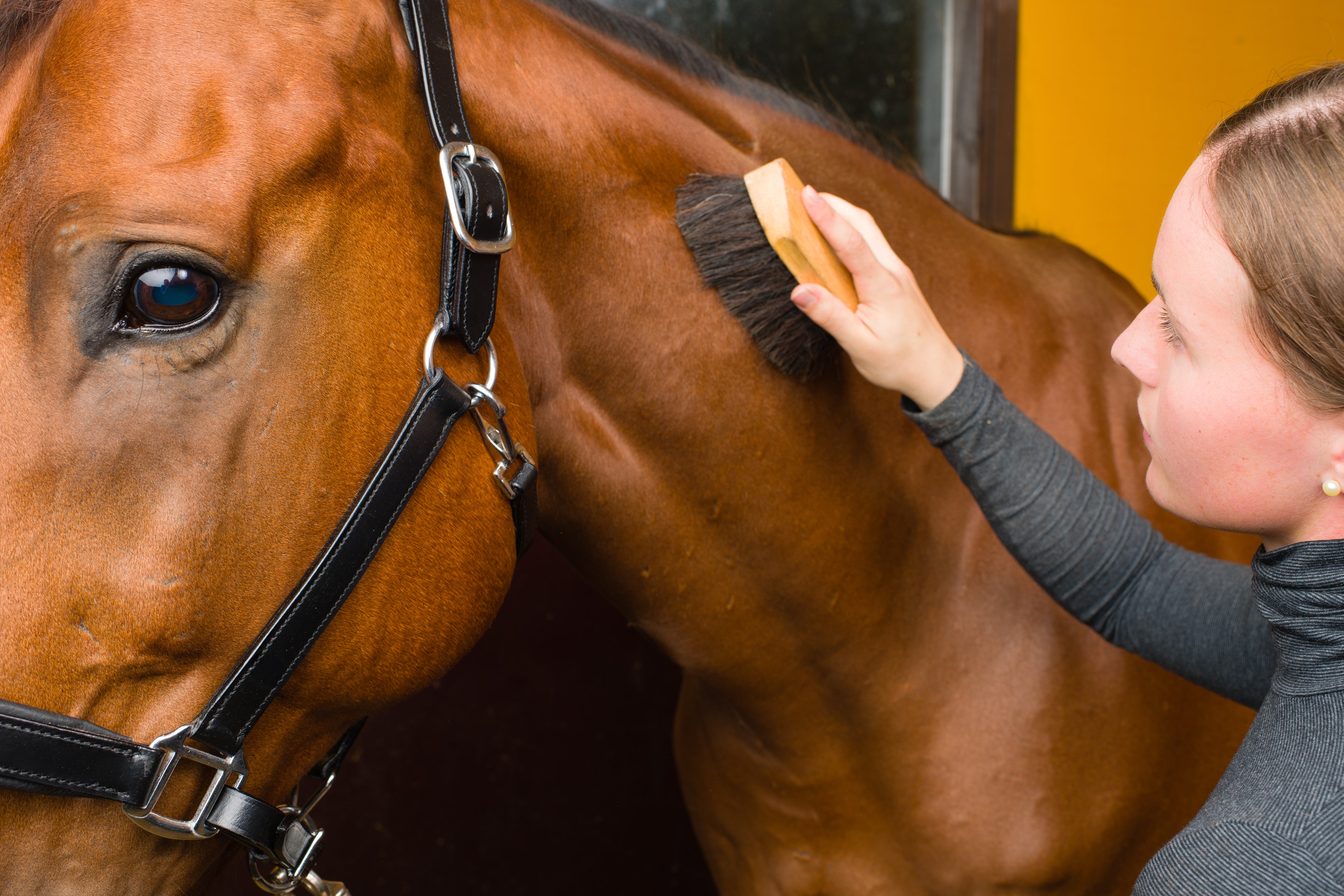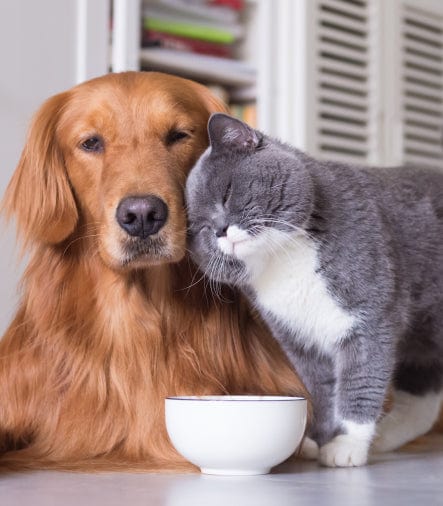What can horses eat? What should they steer clear of? What makes for a good treat? We explore the dos and don’ts for your four-legged companion…
What a horse should eat
Your horse’s diet should be made up of mainly hay and fresh grass, but that’s not to say you can’t give out treats now and again! The key is to keep everything in moderation. It’s also crucial to know the foods to avoid because of their toxicity, and the snacks to sidestep to keep tummy troubles at bay.
Whatever you choose to feed your horse, supplementing with a daily scoop of our YuMOVE Horse joint supplements can help ward off joint stiffness in horses.

Foods your horse should avoid
Dairy
Like most animals, horses are lactose intolerant, so it’s important to keep them away from dairy products like milk and cheese. If you did give your horse dairy? He or she could suffer from diarrhoea. Or worst case, serious digestive issues.
Bread
A processed food type like bread is notoriously difficult for horses to break down, and could cause a blockage in the digestive tract, and problems such as colic.
Meat
Horse owners are advised to avoid all types of meat for feeding – even food products containing a small quantity of meat. As plant-eaters, horses just aren’t designed to ingest the stuff – their teeth can’t cope and their digestive systems struggle to break it down properly.
Chocolate
Chocolate contains theobromine – a bitter component of the cacao plant, which is toxic to horses in large quantities. Colic, seizures and internal bleeding are just some of the possible outcomes. In addition, the caffeine in it could cause a show horse to fail the mandatory drug tests!
Allium plants
Garlic, leeks, onions, shallots and chives are all part of the Allium plant family, another toxic food group for horses, due to something called N-propyl disulphide. This chemical can damage a horse’s red blood cells and result in anaemia.
Tomatoes
Tomatoes have a similar story to that of the Allium plant foods mentioned above, except they belong to a toxic family known as the Solanaceae. Solanaceae plants include deadly nightshade and horse nettle, which contain toxic tropane alkaloids. Eating tomatoes can cause a horses’ heart rate to rise, create issues in the digestive system and bring on severe cases of diarrhoea or constipation.
Avocado
Avocado is toxic to horses. That’s the plant and the fruit – the stone, the skin, the insides, the bark – everything. Steer clear or your horse could end up with colic, heart rate and breathing issues. In severe cases, it can even be fatal.
Bran
Once upon a time, bran was considered as nutritious for horses, but not anymore, sadly. Researchers have discovered it causes a mineral imbalance, which leads to diarrhoea.
Compost, lawn and garden cuttings
It’s fresh grass only for horses! Once cut, it’ll start to ferment and, if ingested, will expand in the horse’s stomach, leading to colic or stomach ruptures.
Treats to feed your horse

Fruit and veg are great treats to feed a horse. Here are some suggestions…
What fruit can horses eat?
- Apples
- Oranges
- Watermelon
- Melon
- Mango
- Peaches
- Pears
- Plums
- Apricots
- Strawberries
- Grapes
- Raisins
- Bananas
- Pineapple chunks
All of the above are fine to feed a horse, just be sure to remove stones, pits, seeds and cores, as these can be a choking hazard if large enough, and can contain arsenic compounds – poisonous when eaten in large quantities.
Which vegetables can horses eat?
- Carrots
- Green beans
- Celery
Other treats for horses
- Sunflower seeds
- Peppermints
What types of treats does your horse favour? Get in touch and let us know! Want to read more about these majestic animals? Here’s a couple of other articles you might like…

